OLD ELLICOTT CITY
Historic, innovative and resilient; we love our storied past and our promising bright future
The Ellicott brothers, John, Andrew and Joseph, hailing from Bucks County Pennsylvania, purchased land adjacent to the Patapsco River with the intent to build and run grain mills. They convinced local farmers to switch their crops from tobacco to grain. Ellicott’s Mills would become one of the largest milling and manufacturing towns in the East, and considered by some as the home of the Industrial Revolution.
The town with a river and seven hills grew and thrived. Main Street became part of the National Road in the early 1800’s. By the mid 1900’s the bustling town offered all the modern conveniences – grocery, hardware and department stores, a pharmacy, gas station, banks, restaurants and a funeral home.
In 2021, the last of the many mills that called the Patapsco Valley home, closed for good. Like much of Ellicott City, the old flour mill will shift purposes to meet the aspirations of the present day. The town has been put to the test with devastating fires that took out mills in the 1800’s and multiple Main Street buildings as recently as 1998. Flood waters have devastated the town also since the 1800’s, with the most infamous being two ‘1000 year events’ in 2016 and 2018.
250 years since the Ellicotts’ dream, from early horse drawn carriages to today’s electric cars, the town continues to resiliently reinvent itself. Today Old Ellicott City is the home to 80+ one-of-a-kind small businesses. Thanks to the diverse, determined, creative community spirit that is at its foundation, OEC is bound to remain in the history books as a delight to visit and a treasure to be a part of.
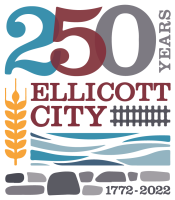
Special thanks to the folks at EC250 for creating this timeline inspired by Ellicott City’s 250th birthday, and allowing us to share it with you
The timeline is a work in progress as we continue the quest for stories about OEC’s rich history. Your verified additions are welcome!
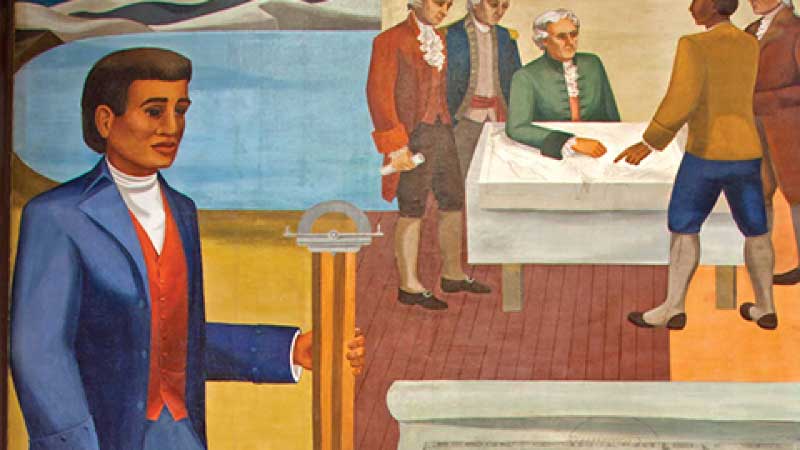
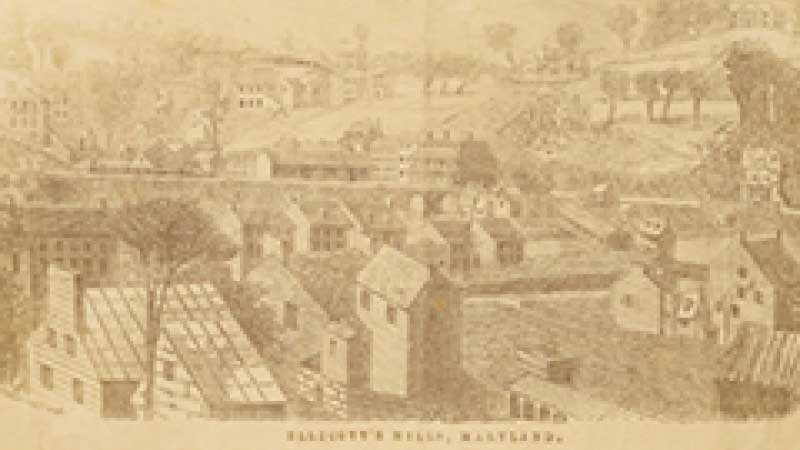
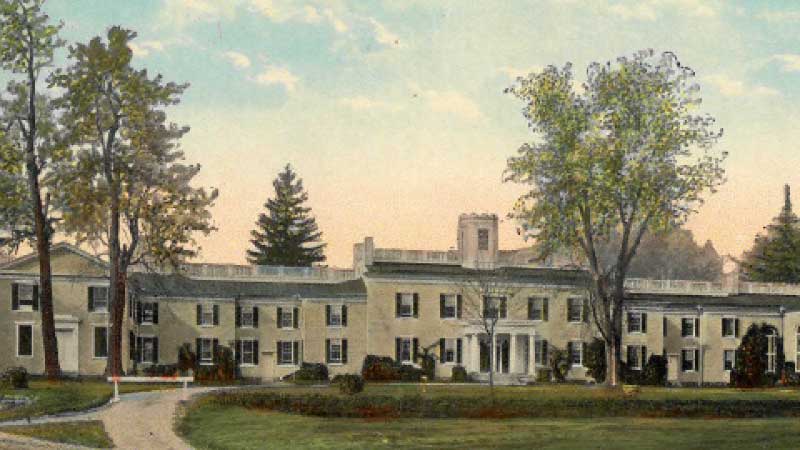
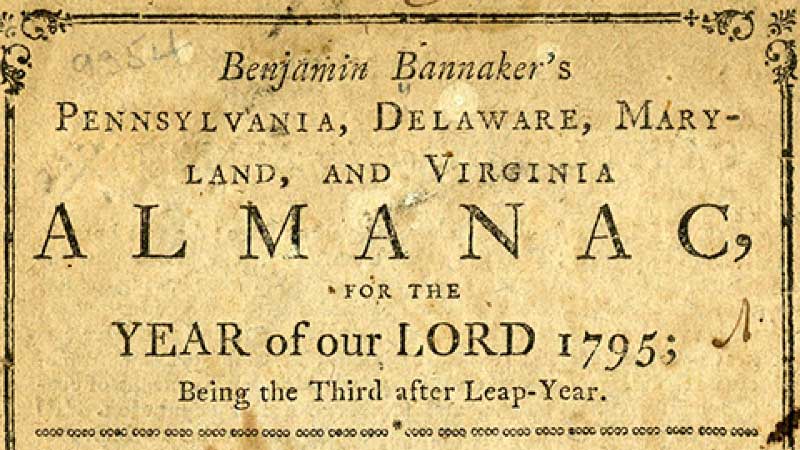
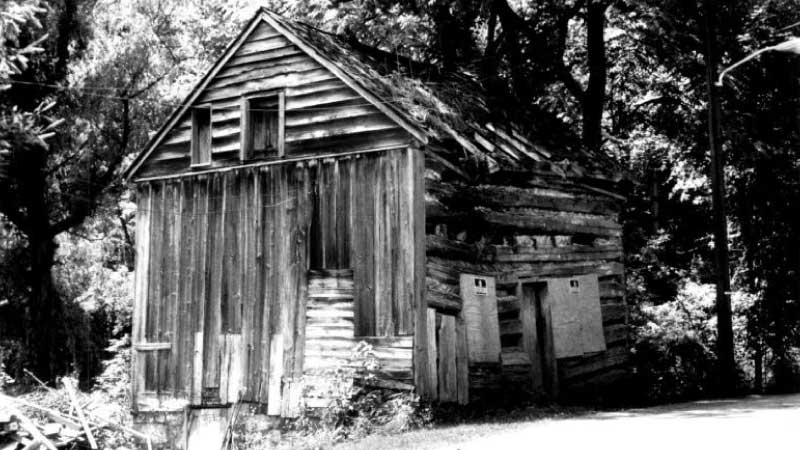
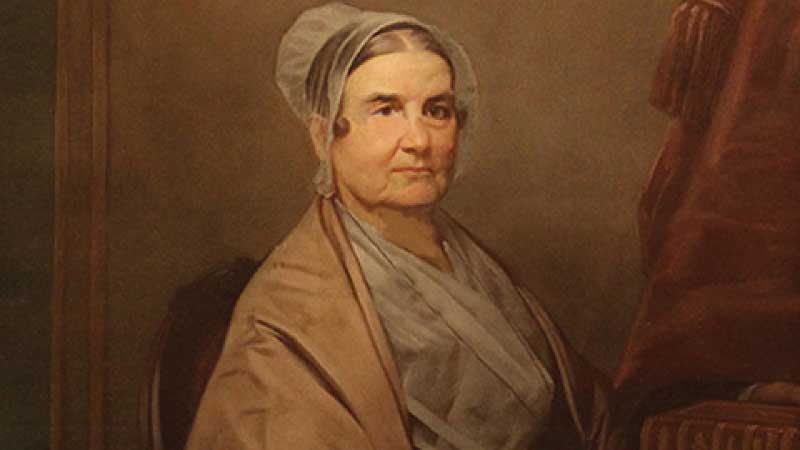
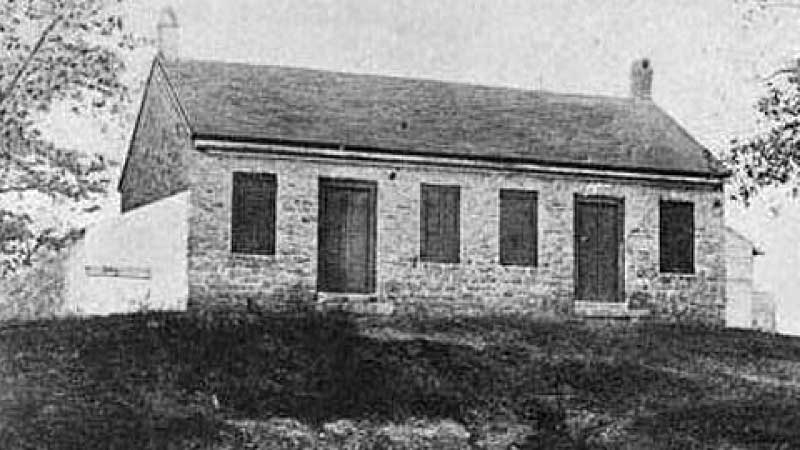
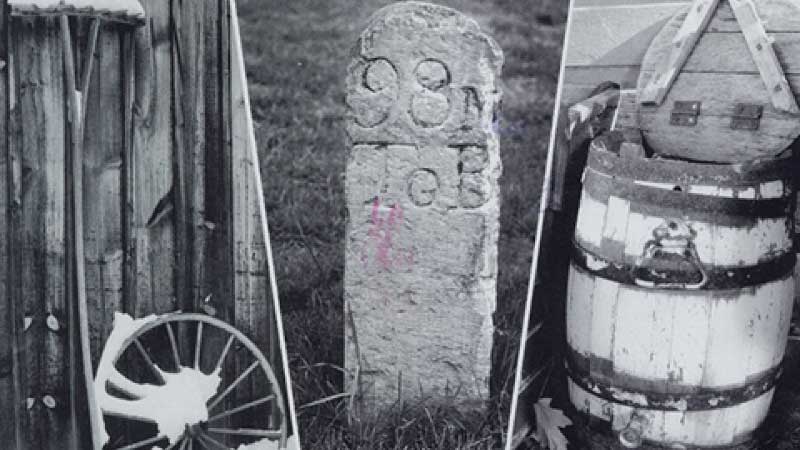
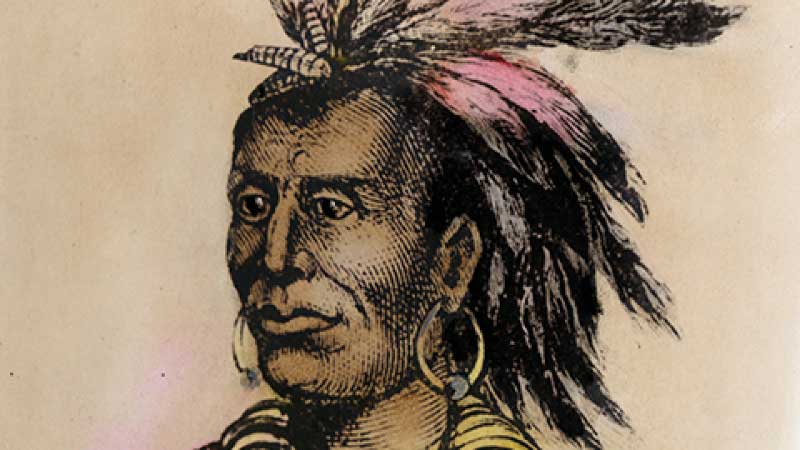
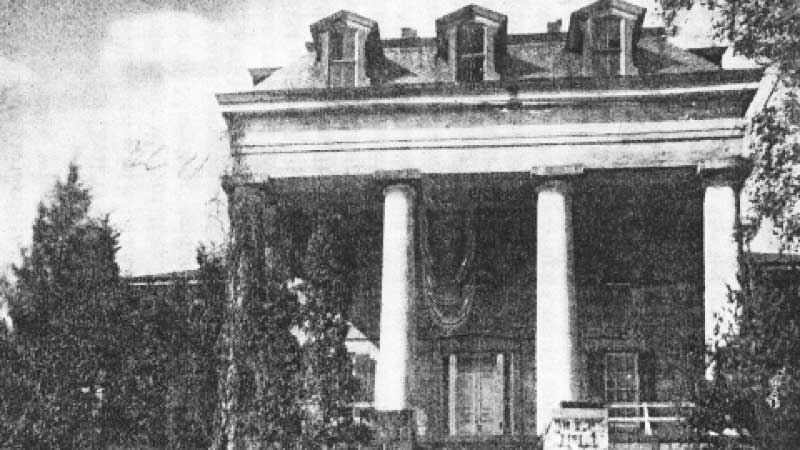
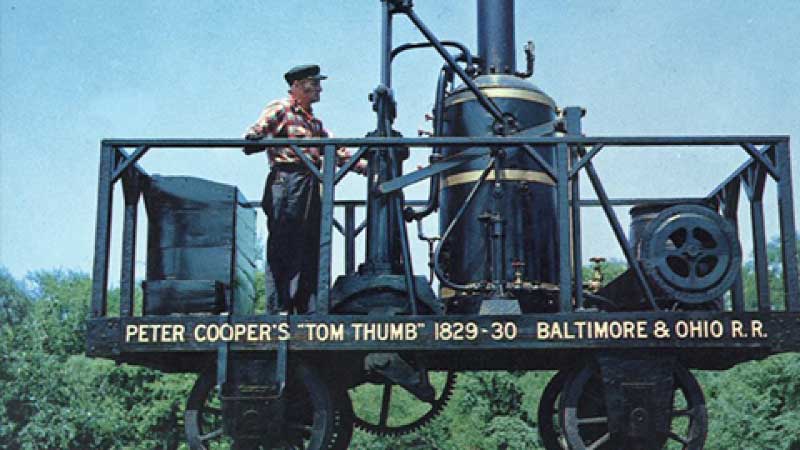
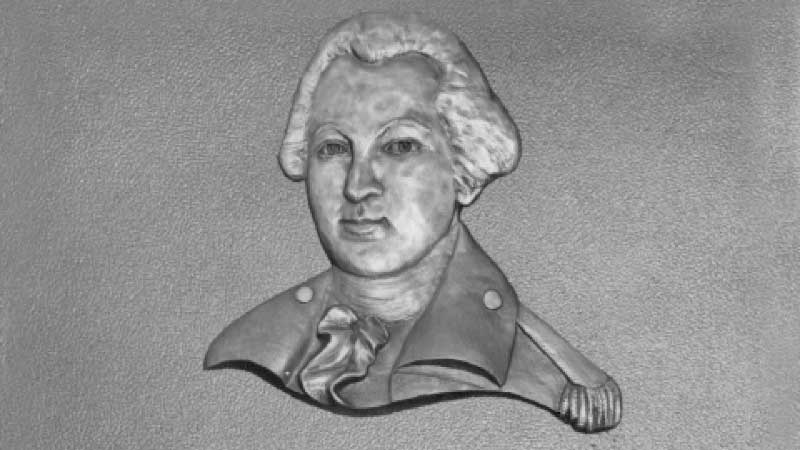
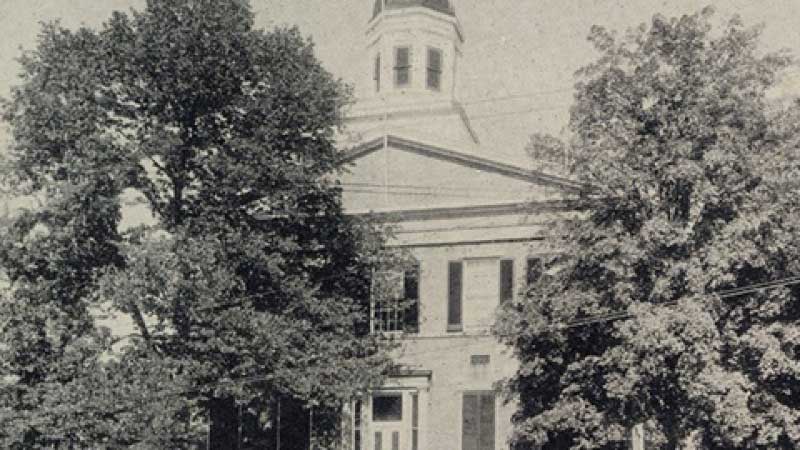
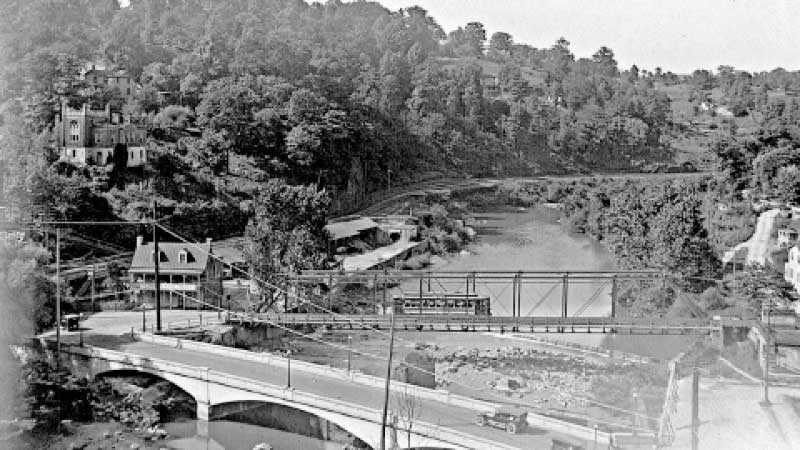
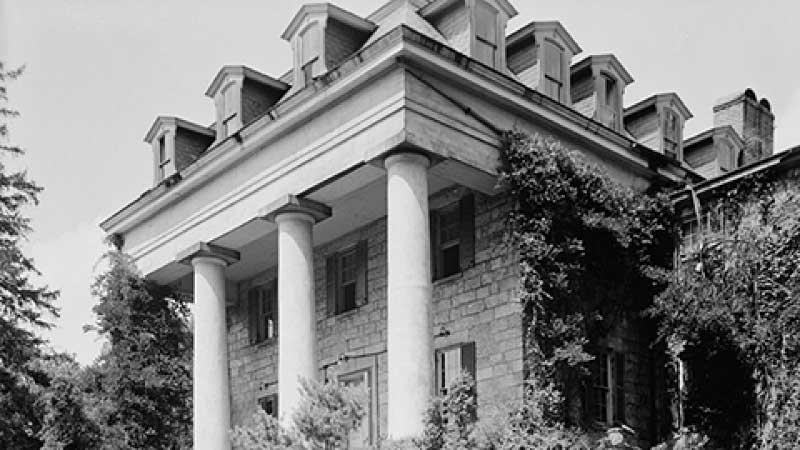
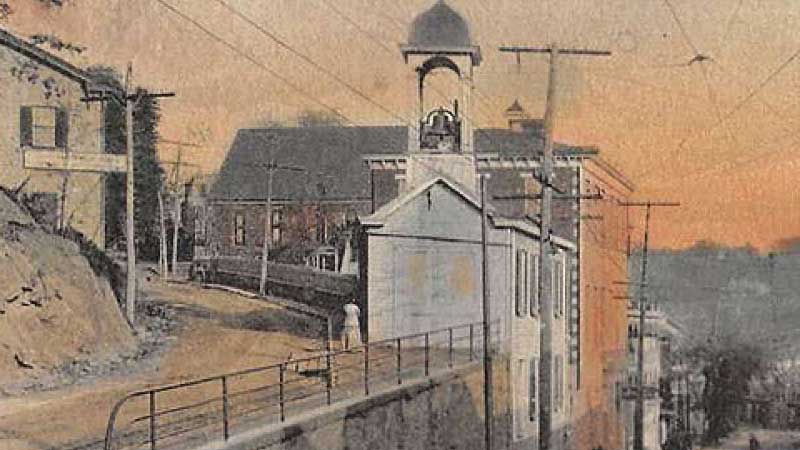
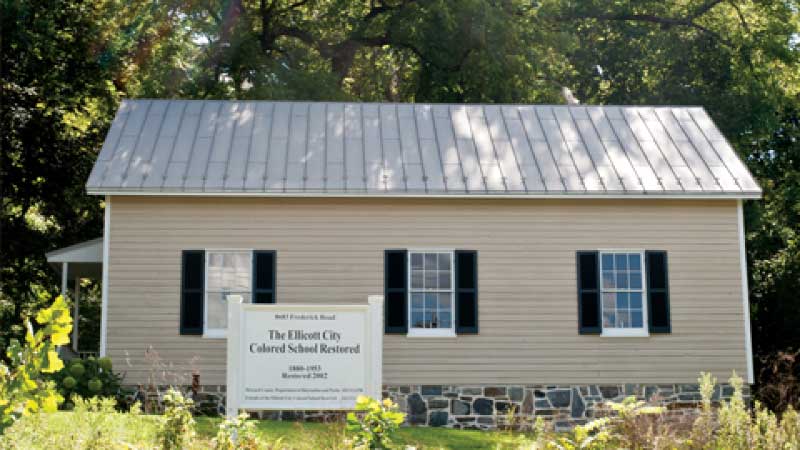
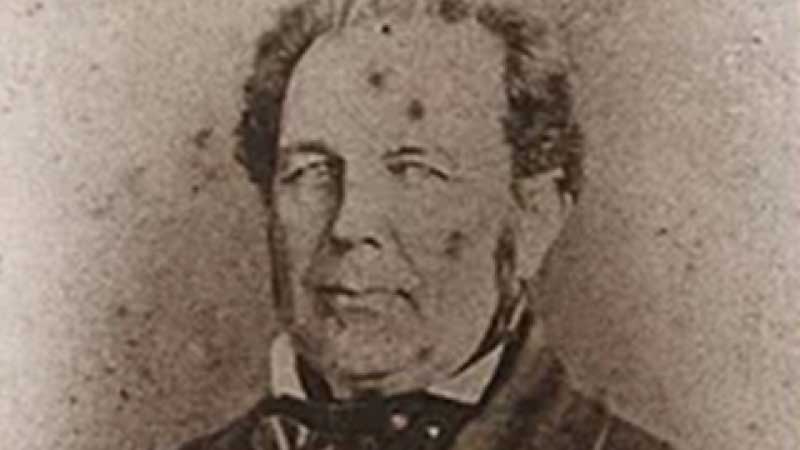
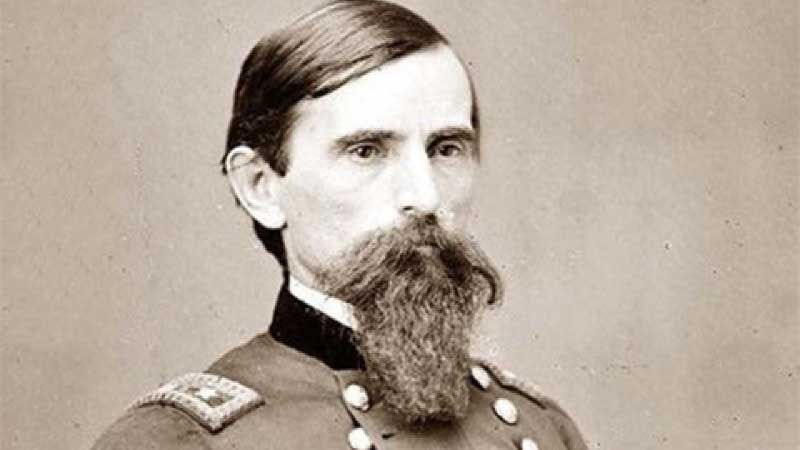
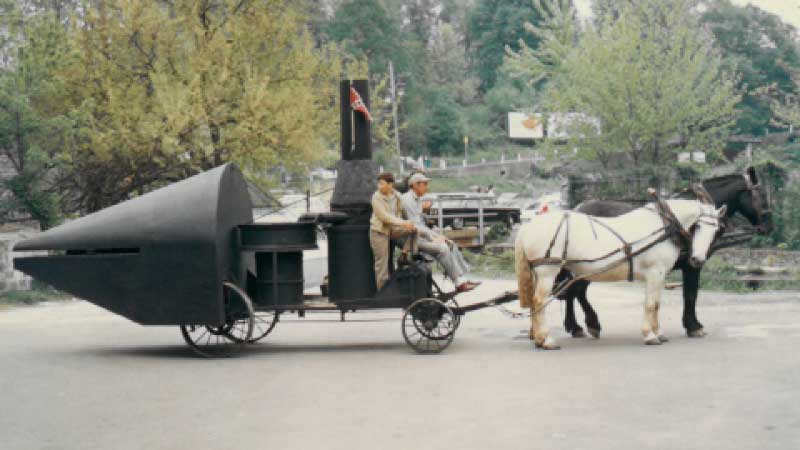
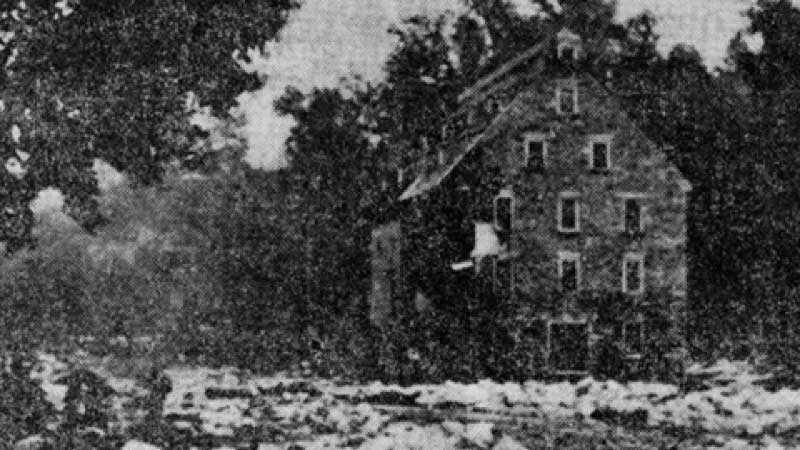
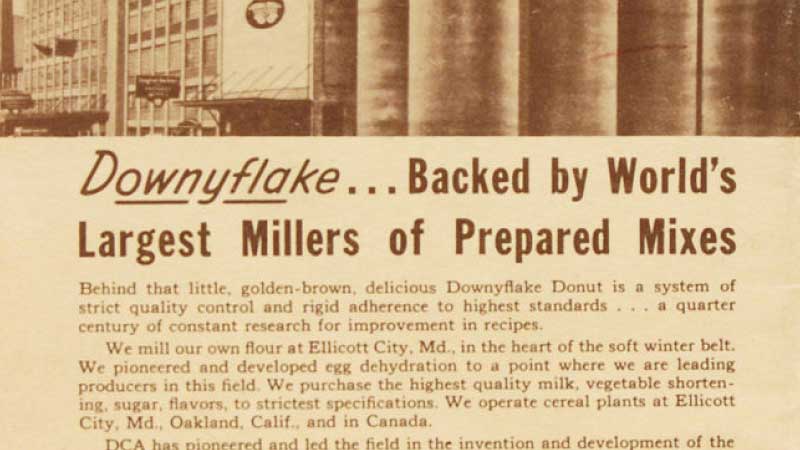
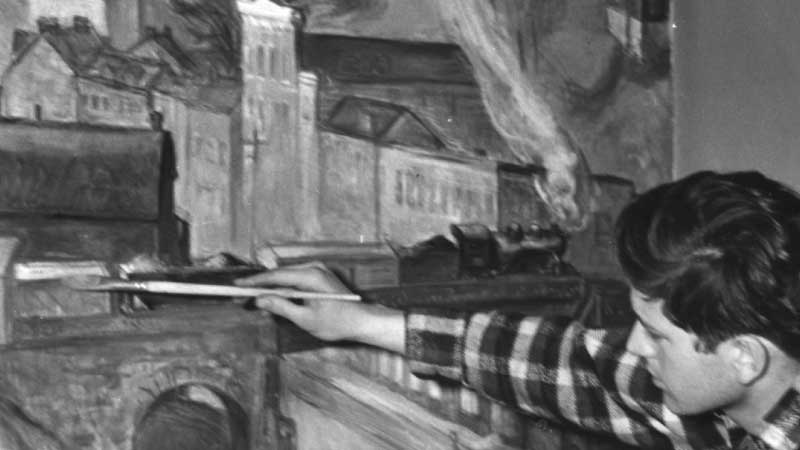
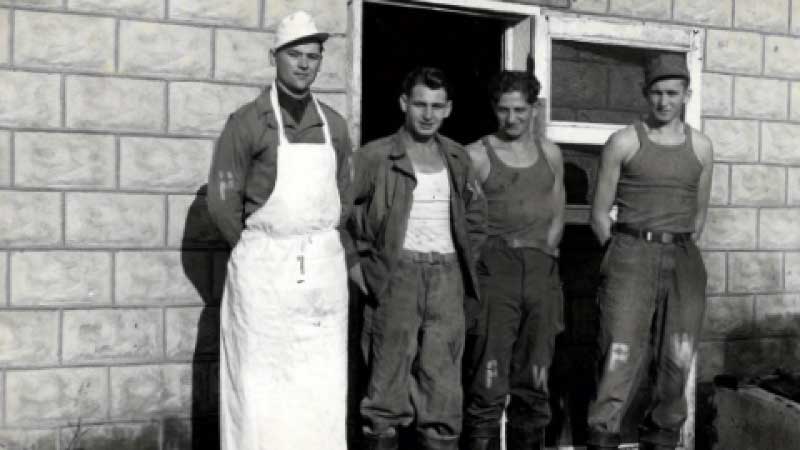
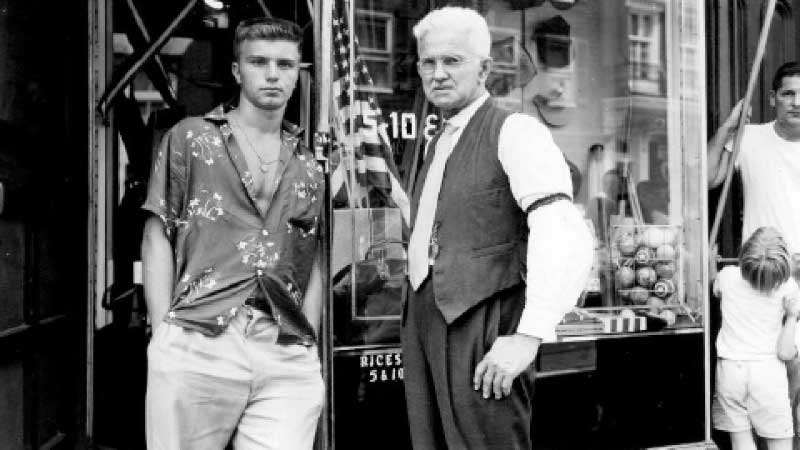
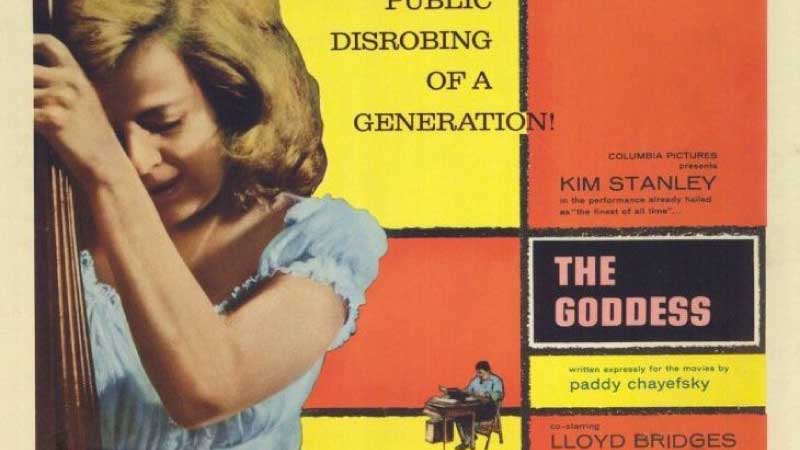
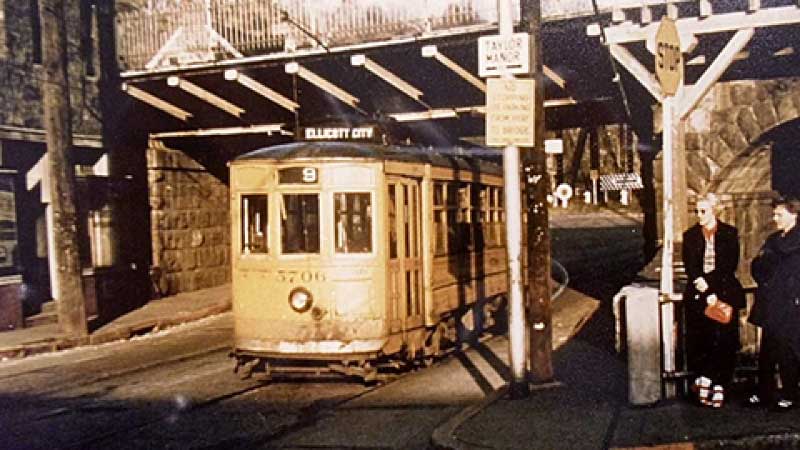
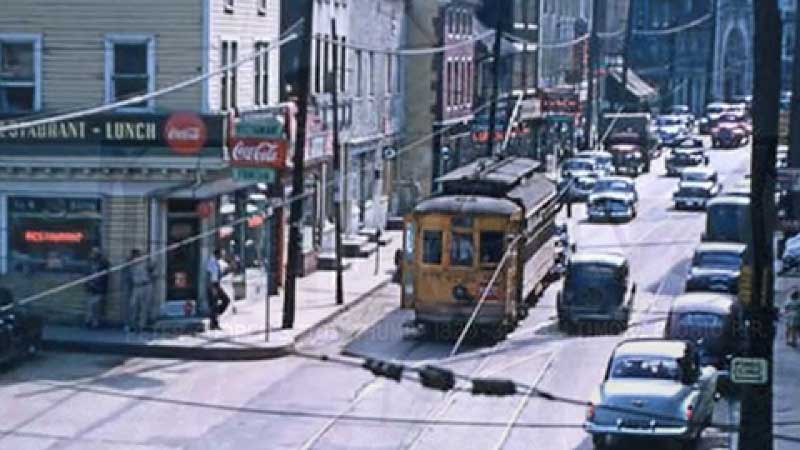
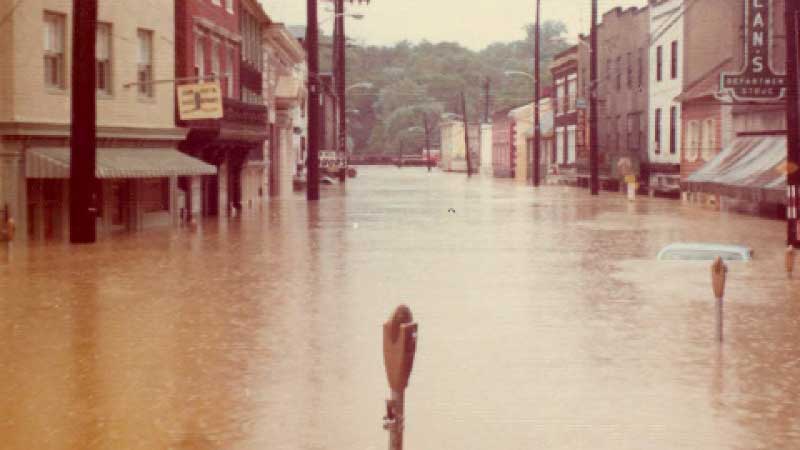
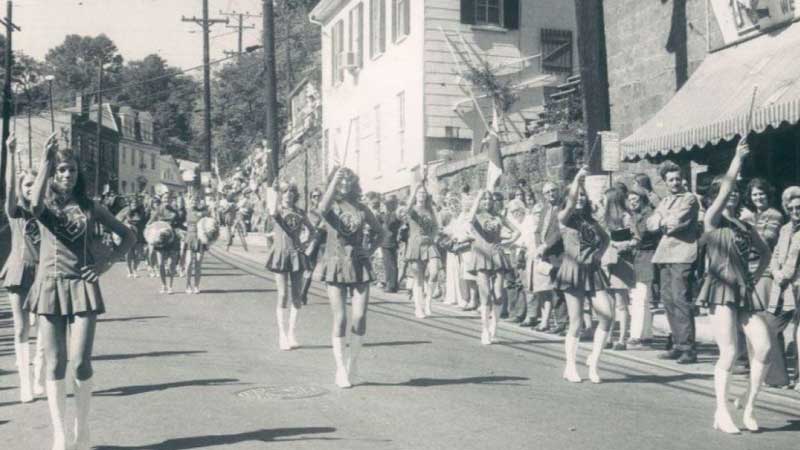
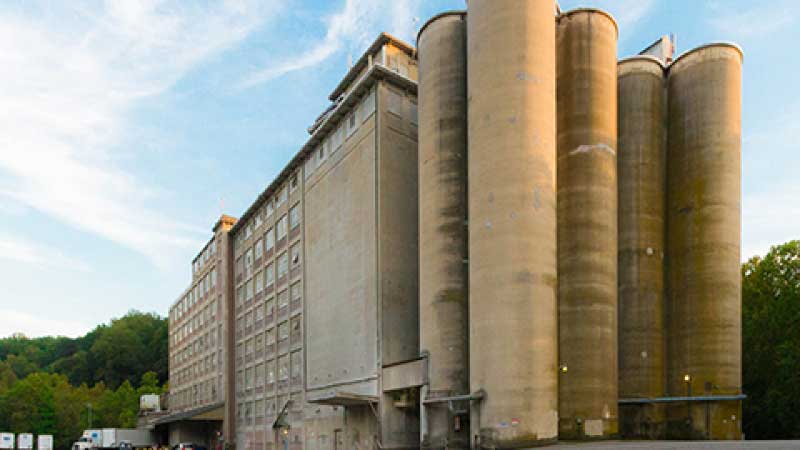
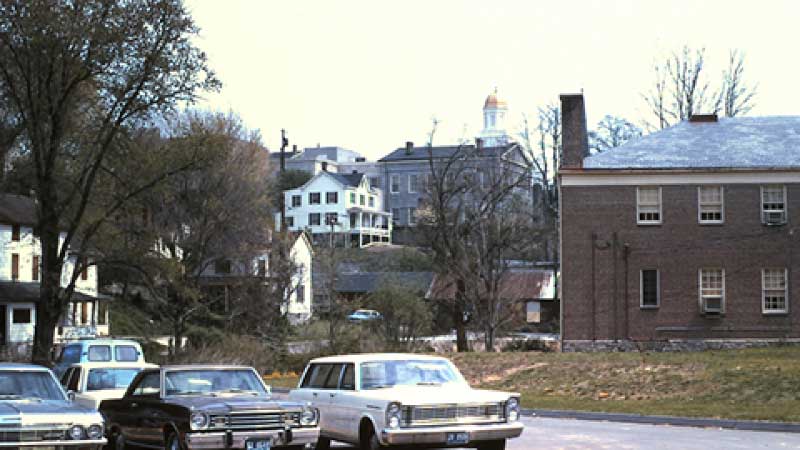
Ellicott City Partnership
8267 Main Street
Ellicott City, MD 21043
443-240-2060
[email protected]
WITH THE OEC FAN NEWSLETTER YOU’LL BE THE FIRST TO KNOW ABOUT ALL THE OEC FUN!